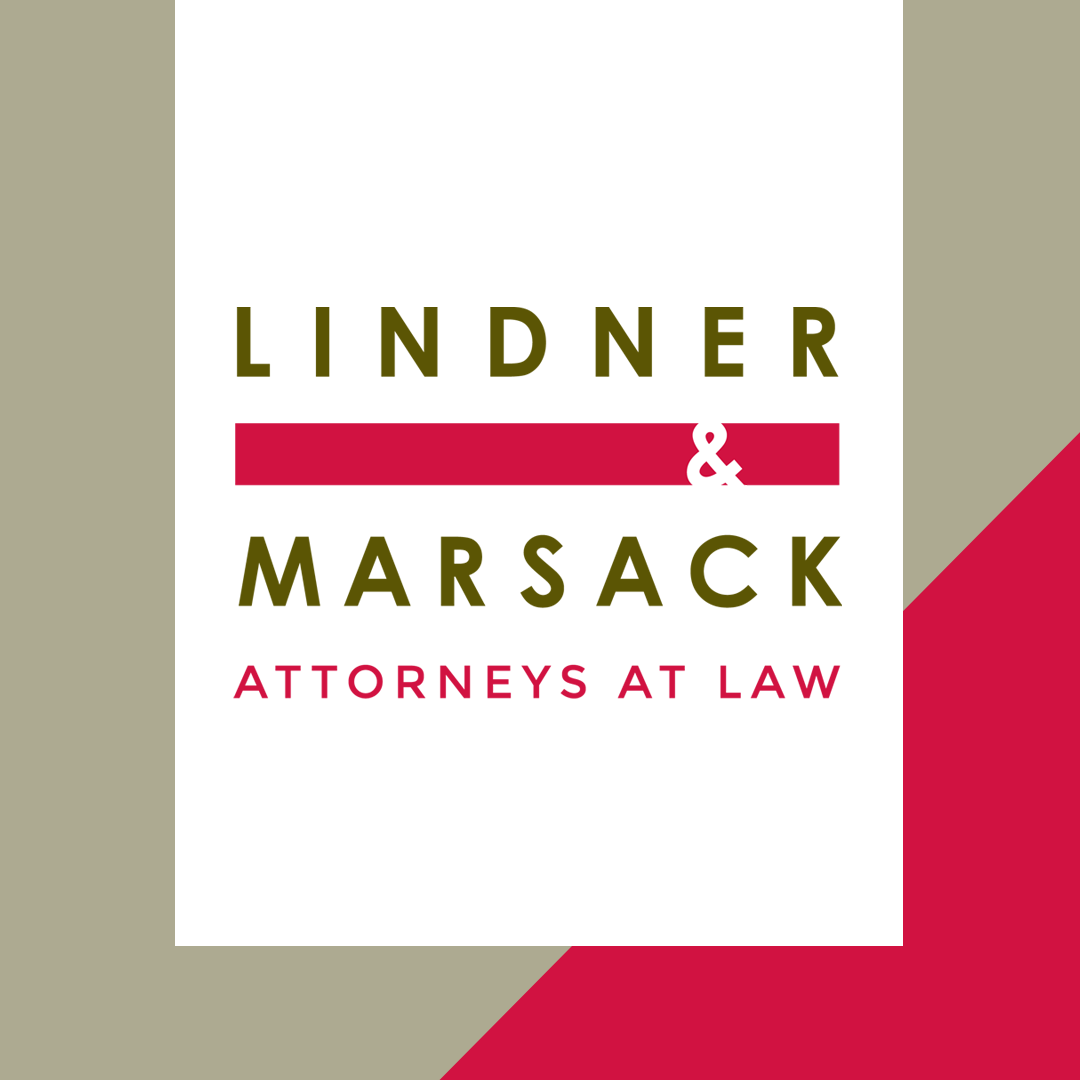By: Samantha J. Wood Pursuant to a recently issued emergency rule from the Department of Workforce Development (“DWD”), as of November 2, 2020, Wisconsin employers will be required notify workers about the availability of unemployment insurance at the time of their separation from employment. This rule was enacted pursuant to a provision in the federal […]

